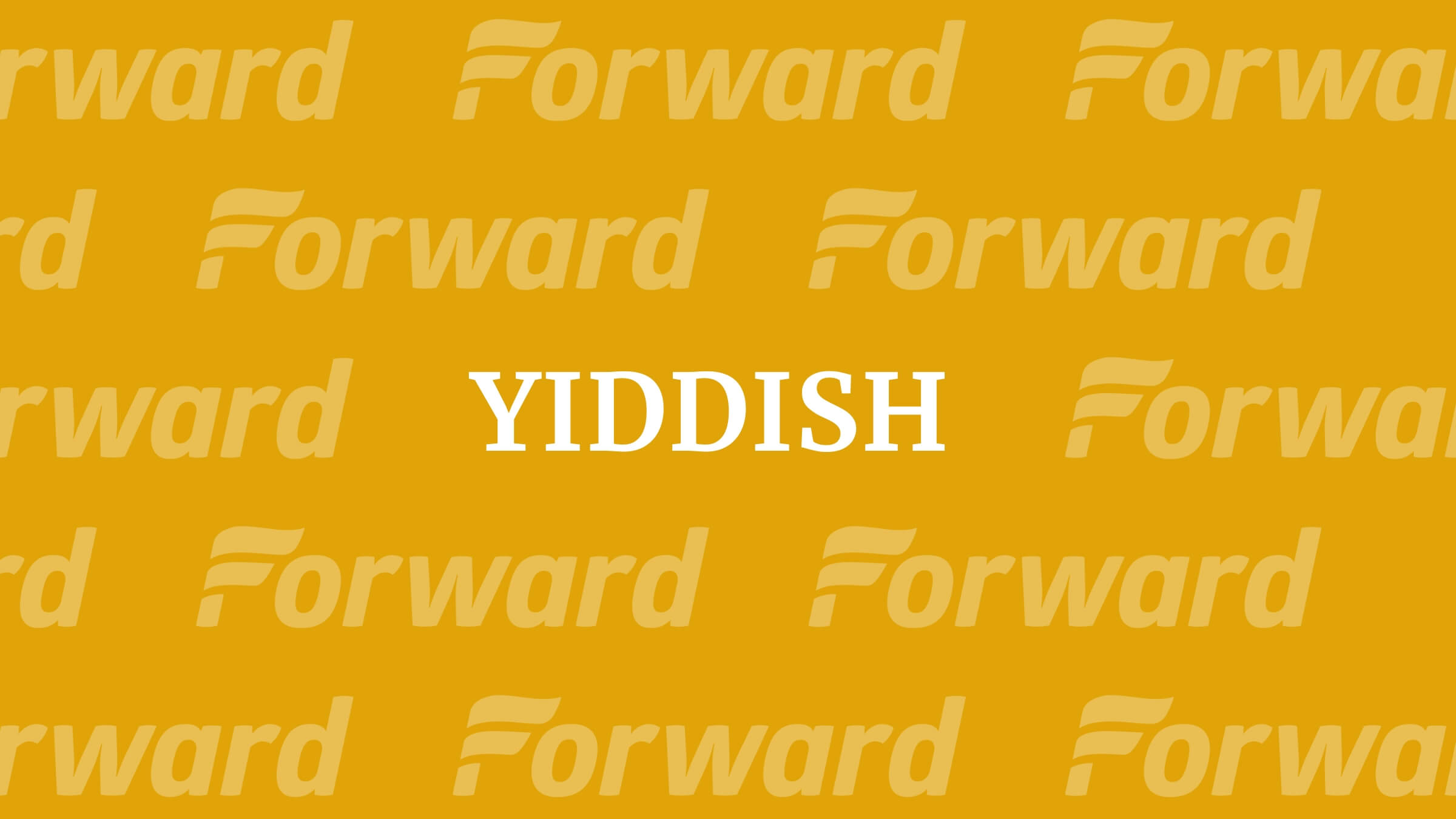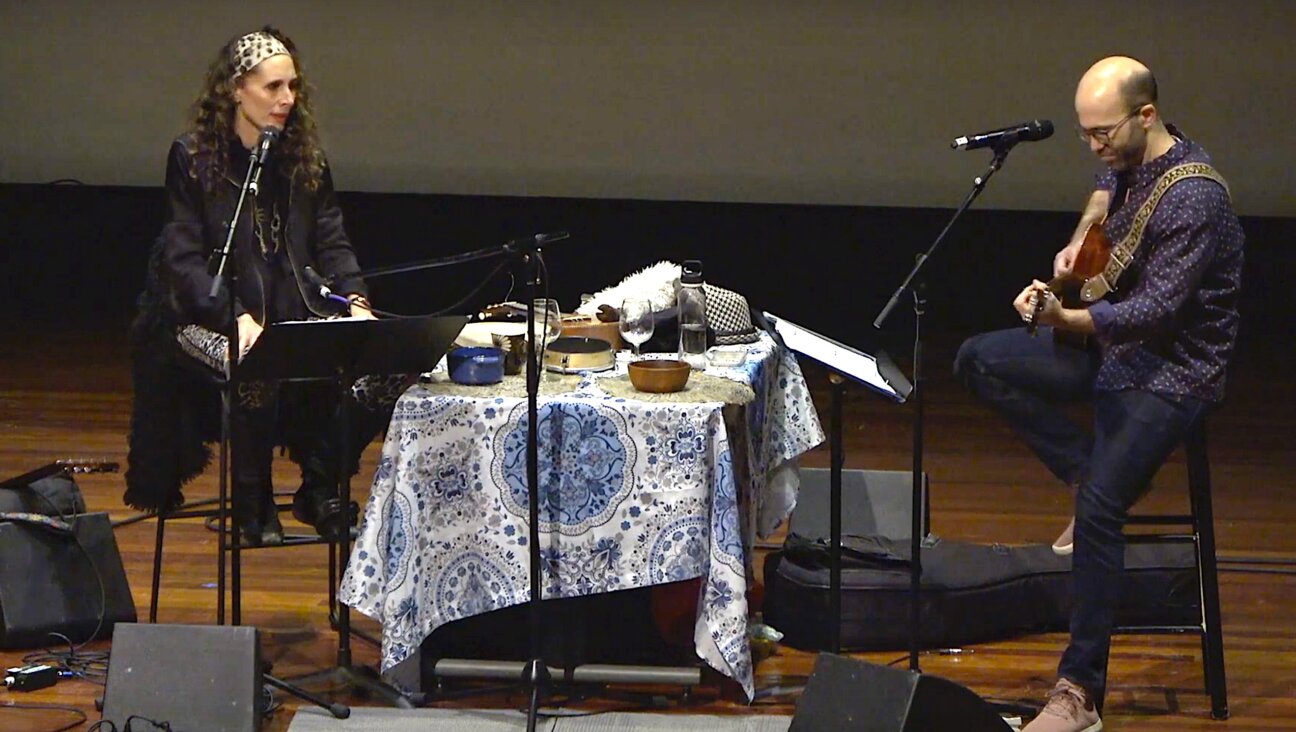Zoom event on Yiddish in the 21st century – from Cape Town, South Africa

Graphic by Angelie Zaslavsky
Read this article in Yiddish
Two Jewish organizations in Cape Town, South Africa, are hosting a special two-hour event on Sunday afternoon, August 23, called “The Survival and Revival of Yiddish in the 21st Century”.
The first hour will be devoted to a discussion about Yiddish today, moderated by Hollywood Reporter columnist Scott Feinberg and including the Yiddish actor and director of the Congress for Jewish Culture, Shane Baker; the translator of Harry Potter into Yiddish, Arun Viswanath; Artistic director of Kadimah Yiddish Theater in Melbourne, Galit Klas; Senior lecturer in Yiddish at the University College in London, Helen Beer and founder of the National Center for Jewish Film, Sharon Pucker Rivo.
The panel discussion will be followed by the world premiere of a documentary about Cape Town’s annual “Leah Todres Yiddish Song Festival” which helped revive interest in the Yiddish language and music among South African Jews. The screening will be followed by a Q & A.
South Africa has a rich history of Yiddish culture, known for its “litvak” roots: almost all of its Yiddish-speaking immigrants in the twentieth century hailed from cities and towns in Lithuania. For many years it was a center of Yiddish literary creativity, thanks to writers Nehemiah Dov Ber Hoffmann, Nehemiah Levinsky, Mendel Tabatznik, Leibl Feldman and Dovid Wolpe as well as its periodicals, including Dorem Afrike (South Africa) and Der afrikaner yidisher tsaytung (The African Yiddish Newspaper).
The Sunday event, co-sponsored by the Cape Jewish Seniors Association, Jewish Care Cape and the Forward, aims to raise funds for the small, aging Jewish community which has been hard hit by the impact of the coronavirus. The proceeds will be used to meet Covid-19 emergency funding.
Tickets are $5 (U.S.) or 95.00 South African Rands, although viewers are asked to consider the add-on donation option. For reservations, click here. Zoom link can be found here























